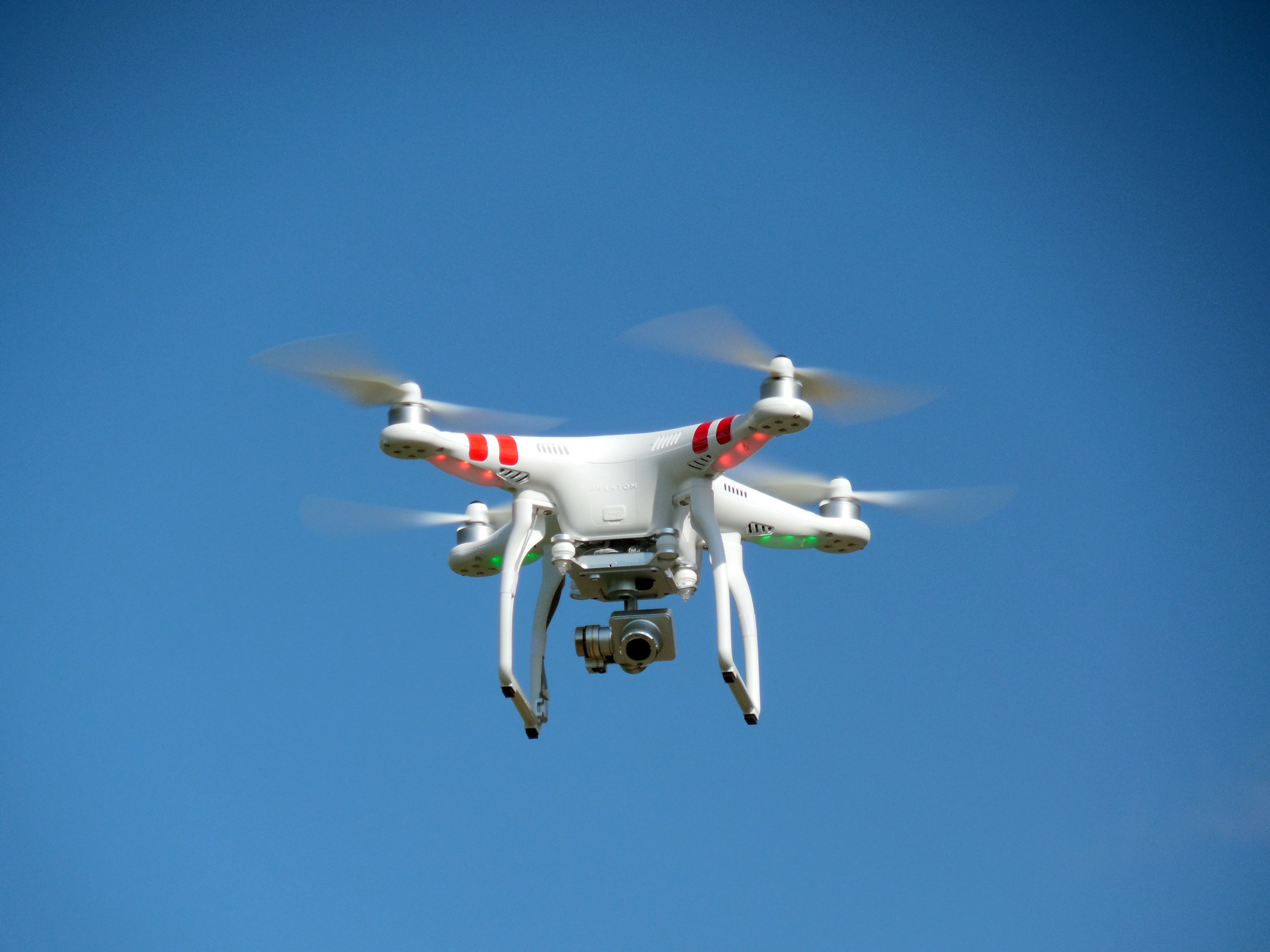Kenya - Smart drones to be tested in battle against East Africa locust swarms
11.02.2020 141 views
2024 AgroInsurance International Conference: New Partners and Agenda updates
26.02.20242024 AgroInsurance International Conference will take place on June 3-5, 2024 in Belgrade, Serbia, at the Hyatt Regency Hotel. Planet Labs (USA) and GAF AG (Germany) are sponsors of our conference. Agremo (Serbia) has been confirmed as the Organization Partner. More partners and sponsors to be announced in March 2024.

Spain - 30% of La Palma's banana production has already been lost due to the advance of the lava
14.10.2021More than three weeks after the Cumbre Vieja volcano erupted, the lava that continues to flow from its interior continues to devastate everything in its path, destroying houses, infrastructure, and banana plantations. The production of Platanos de Canarias is the economic engine of the island, accounting for 50% of its GDP and 30% of the jobs on the island.

Ukraine - Frosts damaged part of harvest of early apples and stone fruits
As a result of the latest frosts in Ukraine, the peak of which occurred on April 19-20 of this year, orchards of apples, pears and stone fruits were partially damaged, EastFruit analysts report.

Italy - Strong demand for strawberries but yields dropped by up to 50% compared to a year ago
Favorable prices and low yields are marking this recent part of the strawberry season in Southern Italy. "Here in the Basilicata region, in about 40 days, the campaign will be over for many, referring to traditional cultivars like the Sabrosa-Candonga," says Maria Ferrara of the wholesale fruit and vegetable company Fe.Vi Frutta.

South Africa - Water scarcity threatens the agricultural sector and food security
South Africa is naturally a water-scarce country – among the 30 driest countries in the world. But, combined with unpredictable climate changes that tend towards hotter and drier conditions, diminishing water tables, and the chronic mismanagement of water systems, water availability is becoming a cause for concern across all sectors of the economy.

India - Farmers claim crop damage on 7,800 acres in Indri, Nilokheri
In the wake of recent rain and hailstorm that lashed the region on Friday, nearly 1,500 farmers in the Indri and Nilokheri blocks of the district have registered claims on the e-Kshatipurti portal, stating extensive losses to their wheat crop on approximately 7,800 acres of land.

Hunger in Southern Africa: addressing climate change effect
As a result of climate disasters, millions of people in Southern Africa face the threat of starvation. The onset of El Niño caused scorching heat waves that destroyed crops and dried up essential water sources in the region.

Safeguarding crop diversity in genebanks
Ensuring food security and agricultural resilience in the face of environmental challenges depends on preserving and utilizing crop diversity, according to the Crop Trust. Genebanks serve as the ultimate guardians of this diversity. However, they are susceptible to various risks that could jeopardize their invaluable collections.

USA - Northwest Ohio farms prepare to protect crops from the cold temperatures
With the expected cold weather this week, farmers are starting to monitor their crops. It isn't strawberry season yet, but farmers are starting to prepare the plants now. The freezing temperatures could impact the crops.

Singapore - Researchers pioneer nanosensor multiplexing for real-time decoding of different plant stresses
Researchers from the Disruptive & Sustainable Technologies for Agricultural Precision (DiSTAP) Interdisciplinary Research Group (IRG) of Singapore-MIT Alliance for Research and Technology (SMART), MIT’s research enterprise in Singapore, in collaboration with Temasek Life Sciences Laboratory (TLL) and Massachusetts Institute of Technology (MIT), have developed a cutting-edge nanosensor that allows for the real-time monitoring of salicylic a cid (SA) during the early stages of stress response.



